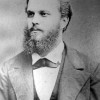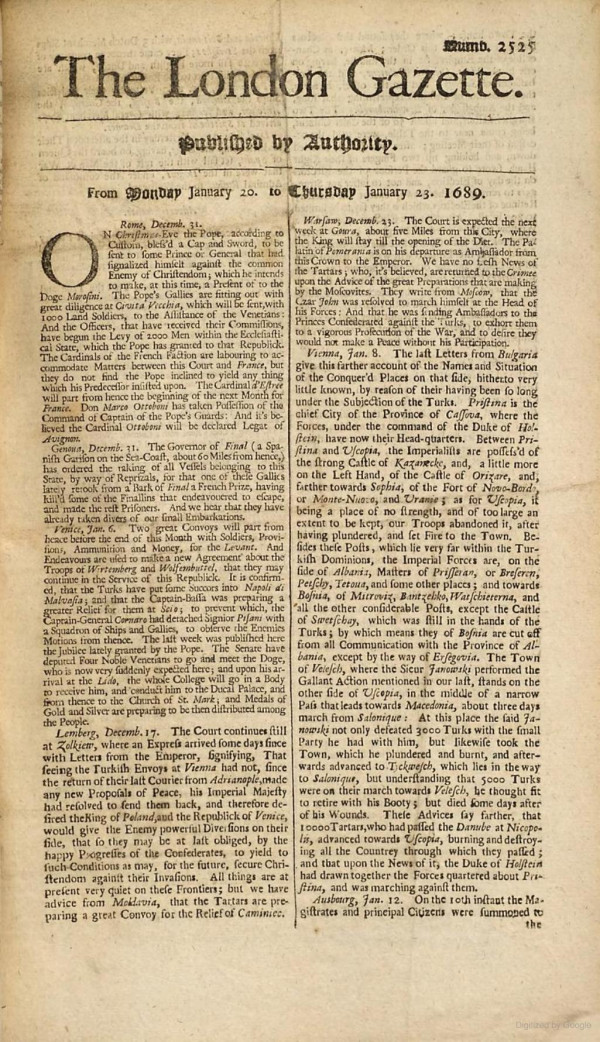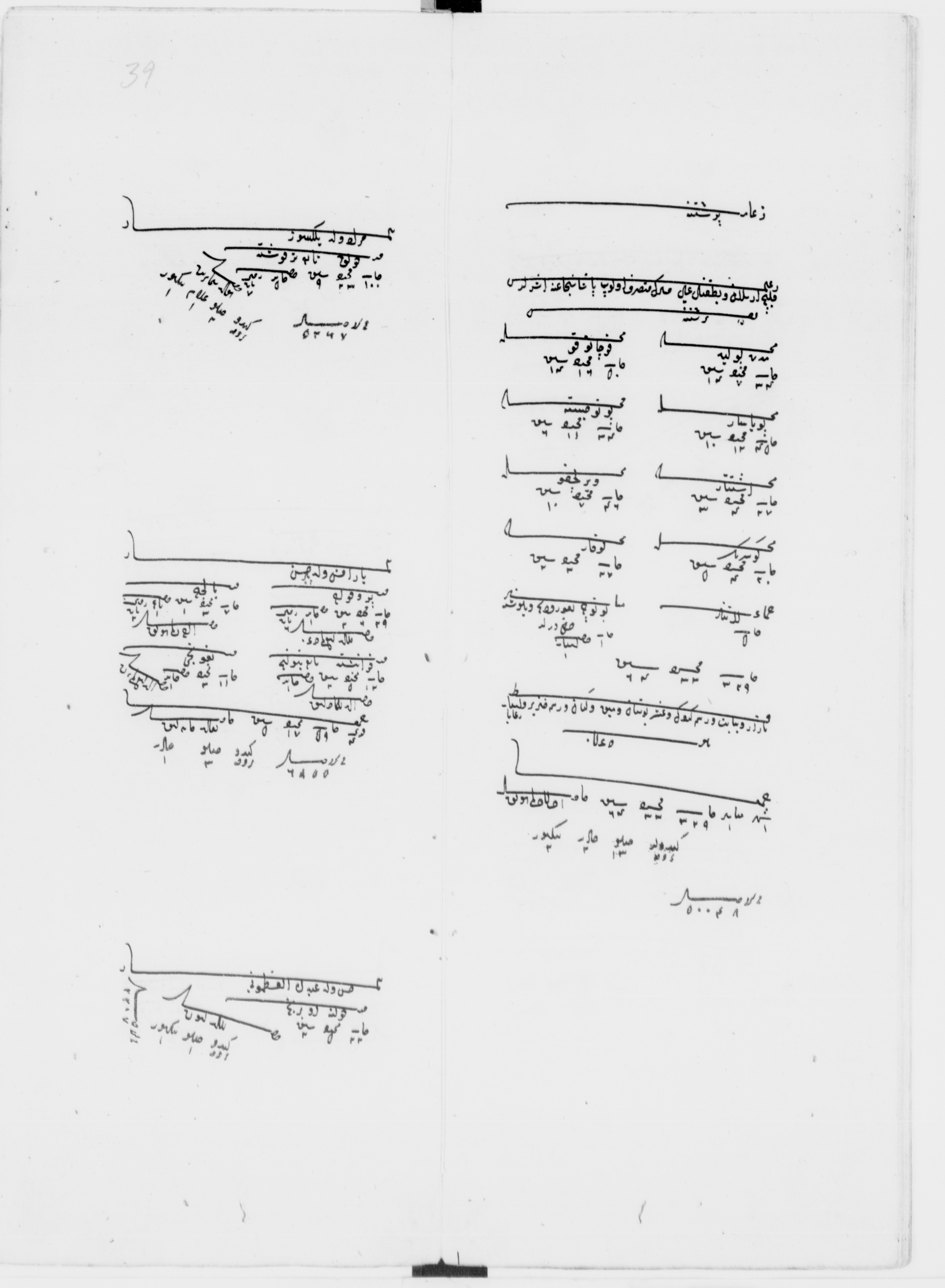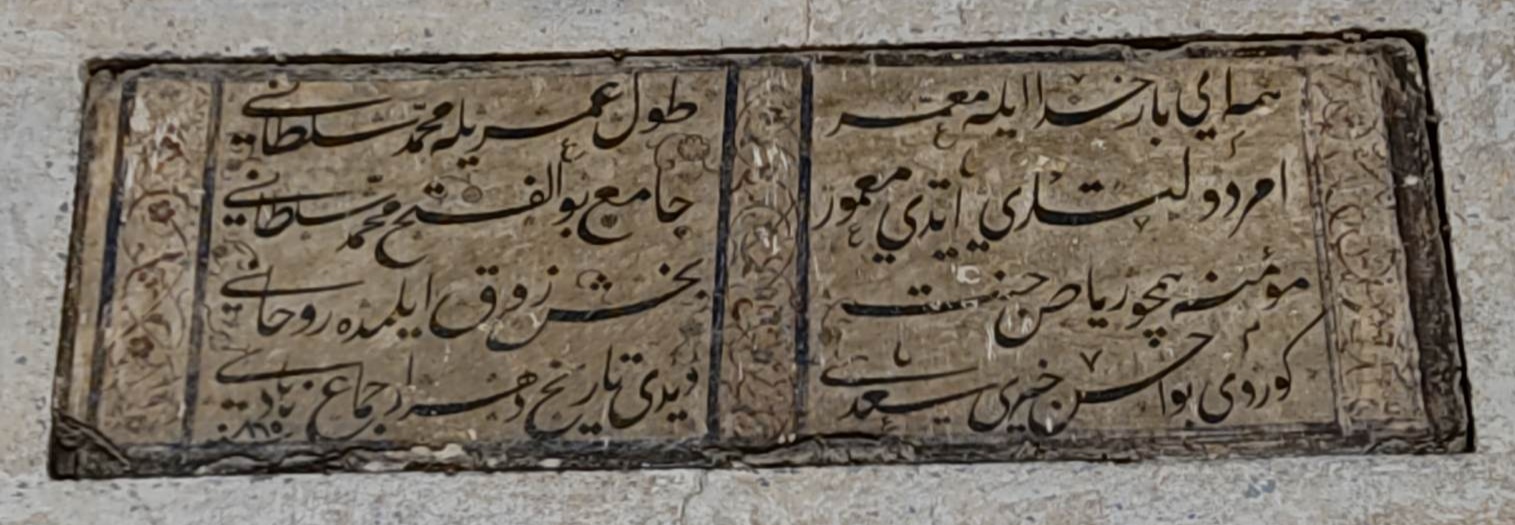The text about Prishtina that we are bringing here was first published in German in 1892, with an anex in 1893. It was reprinted in a 1959 volume with writings by the Czech historian Kostantin Jireček (1854–1918), published four decades after his death. The article brings fragments that are very interesting for the history of the city. It is based on the archival documents of Dubrovnik, and illuminates, among other things, information related to the market of Prishtina, the neighborhood named Potoçishte (which we later find also in Ottoman sources), and an interesting equestrian competition, which somewhat (perhaps) resembles with the game of polo as it is known today. Below we will present the complete text of Jireček, which is so full of original fragments of a relatively difficult Italian dialect, which he left untranslated. In order to make the text more understandable and easier, where it seemed fit, we have made a provisional translation of these fragments, moving Jireček's Ragusan scribbles in the footnotes. Also, in some cases we have supplemented the text with some explanatory footnotes, where there may be more specific terminology. These texts by Jireček were compiled in such a way that they seem more dedicated to an audience of specialists who knew many languages, knew the archives, and who knew history well. However, with additional translations and commentaries, we believe this text is very understandable for all audiences. This text was not transleted into English before. (Editor's note, Y.R.)
Chivalry games in medieval Serbia1
Browsing through the 15th century court books of Dubrovnik, so precious for the cultural history of Serbia, Bosnia and Dalmatia, we recently found an interesting evidence of knightly games in old Serbia. The game described in these notes took place in the time of the despot George Brankovic, in Prishtina, on the day of the midsummer of 1435, and was a ceremony held there every year (festum consuetum) in a field outside the city, surrounded by a number the small cotages, and was known by the name of Potocishte. Danić in his Old Serbian dictionary has only the verb poteći, potešti currere.2 It is not a question of a tournament, nor a buhurt, or postra (giostra) or even the eastern game called cerid [sic], but only for a kind of whipping with a spear. In the race, with a long spear, the knights removed a handle placed on a pole ("corsemo alquante volte con le lanze al guanto, lo qual iera messo"). The participants came fully armed, with a mace or buzdogan3 (macia, roughly like macia di ferro), a long Turkish knife (simitar) and a bow and arrow, at that time quite common weapons for these countries. The event through which the news about these celebrations has been preserved refers only to the merchants, nobility and common people of Dubrovnik, as well as their servants, including a patrician from Ulqin; but the custom itself was certainly local, as evidenced by the very specific field and the Serbian name for it. In Dubrovnik, at that time it is mentioned that the nobles were engaged in falconry, and so there is no mention of any game of chivalry among them. The reason this game is recorded in the court books was a bloody fight between the hot-blooded inhabitants of Dubrovnik on the riding field, in which the merchant Tasovac Radmilovic received a severe blow to the nose. Here is what is written about the whole matter in our notes:
"Lamentationes de foris", notebook from the year 1436 in the archive of k.k. of the District Court in Dubrovnik. On January 17, a lawsuit was registered in connection with a fight "die Natalis Domini, dum fueret (instead of ferns) festum consuetum" in Prishtina "per nobiles et mercatores". "Radouan Chlezcharo cepit cum equo suo cursitare cum lancea restata" and they would have judged Tasovaz Radomilich if they had not prevented him (tasív), but they were both held, like Luxa, by the Radossaui parish who drew the long knife (traxit semitariam). Ratchus Rexa, however, struck Tasovac in the face with his knife, cutting his chin and "abside (sic) random", so that Tasovac "iacet in periculo mortis".
Then follow the minutes of the witness statements in Italian.
Lord Zugno de Calich testifies: "non esser stato a poticesste ne caualchado ala festa di Natal"; he stayed in his shop in the market of Prishtina, "la botecha nela piaza del mercha(to)". Mr. Zugno de Gondola says: As we were then celebrating Christmas according to the custom of merchants, we went to Potoçishte and being in Potoçishte we ran several times with spears in the handle, which was placed yesterday. Then some of us left. And being far from a thatched house, which was near Potoçishte, and with me was Radosauo Vocmirich named Salomon, which Radosauo turned and began to shout several times: "I do not give up, it has troubled me a lot"! "And after the fight between them Radossauo drew his sword" etc. Ratcho Resa "hit Tasouaz Radmilouich." 4
Radman Pribilouich testifies: when I went to Potocishte on foot to see where the merchants were playing with spears in their gloves, and seeing one I turned to go home. When I heard that they were talking about a fight there, I immediately returned, where Vokoslav Klikargo, had aimed the arrow in the bow, and I took the arrow and broke it. And then, while Tasozi held his sword in his hand, many others were also assembled, [then] the brother Peço de Obrade gave him a blow with his staff, who had previously put on the handle, at the desire of Tasoz (?), and in on that occasion Raço Riesha came with a sword in his hand and cut off the nose and face of the mentioned Tasso.5
Mr. Marin Piero di Lucari and Mr. Stephano di Tani (from Ulcinj) give this statement: "corendo nuy sopra li caualia potiziste visemo a poticiste alquante volte, poy alquanti di noy caualchassemo ad algune case pagliari, che erano apresso a poticiste, compeintaras compagni, che erano restati a poticisste" and then the saber (smitar) fight began. Sententia ult. February 1436: Radchus Resa must pay twice 50 perper, sommuni nostro”, and if he does not pay, “abscidi debeat manus dextra”; in addition, he will serve six months in prison. The other brawlers will serve time in prison for one month each.





